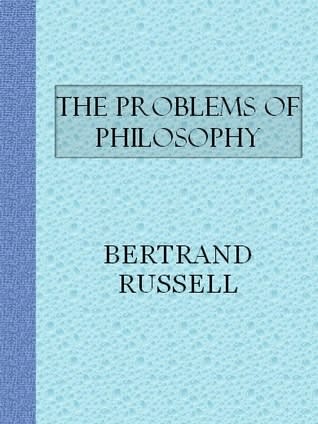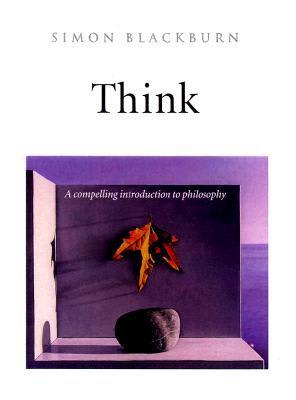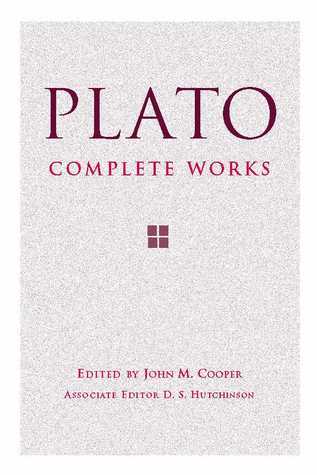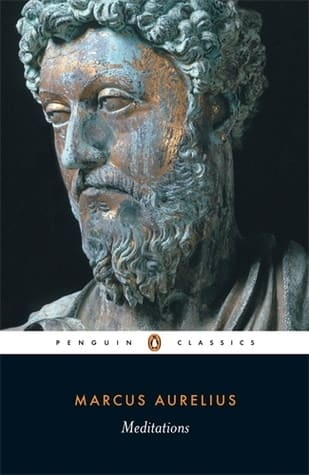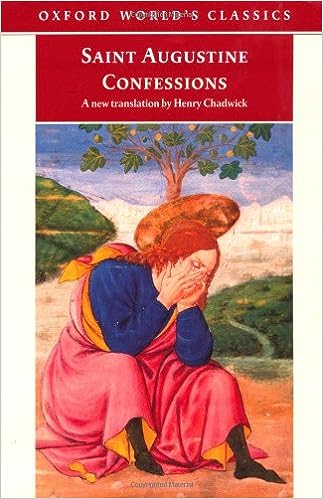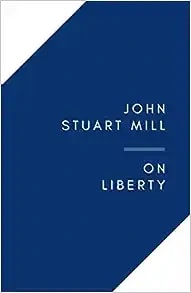He was a highly influential philosopher and mathematician of the 20th century. Interestingly, he wrote this book not just for philosophers, but for regular folks like us. I've actually used this book in my introductory philosophy classes, and it has worked quite well. Russell's clarity and the fascinating topics he covers make it a compelling read. There's a particularly amazing chapter at the end that discusses how philosophy enhances our sense of wonder and personal growth – a real masterpiece. However, it's worth noting that Russell's book is quite opinionated and some of his views might be outdated.
He's a contemporary philosopher, still active today. The book covers topics that naturally intrigue almost everyone, such as Free Will, knowledge, the existence of God, self, and ethical dilemmas. It's a gentle introduction that provides a foundation for further exploration. Once you figure out which topics resonate with you, you can move on to more specialized readings.
While a hardback edition might cost around fifty dollars, consider it as an investment that could last you a lifetime. Yes, there are free translations available online, but the quality can be questionable, especially for beginners trying to assess which translation to trust. I'll provide links to the editions I suggest – they're not obligatory, but they're solid starting points.
Plato is an excellent companion to introductory texts because he addresses these topics firsthand as a great thinker in history. I initially thought about recommending specific dialogues, but the truth is, I ended up listing the majority of them – I've read most of Plato's dialogues. His writing style, presented as dialogues, is engaging and almost play-like. You can even act them out with friends or simply read them as compelling conversations. They maintain philosophical depth without compromising clarity.
This work truly exemplifies the concept of philosophy as a way of life. It starts off with Marcus Aurelius listing the wisdom he's gained from his predecessors, orators, and philosophers. This immediately sets the tone for the idea that he's learned how to live through their teachings, and he's sharing those insights with us.
"Meditations" is particularly fascinating because Stoicism, the philosophy it's based on, is finding resurgence in today's world. Many people are drawn to its principles, and I'll actually delve deeper into this book in another discussion. Personally, I'm intrigued by the widespread appeal of Stoicism today, and I'll explore that topic more thoroughly. But even before I dive into that, I strongly recommend reading "Meditations" by Marcus Aurelius.
Now, I understand this might be less appealing to those who aren't particularly religious or fond of reading religious texts. However, Augustine was more than just a theologian – he was also a philosopher and a skilled orator. His ability to blend poetry, theology, and philosophy is truly captivating.
While "Confessions" does contain significant religious elements, it also delves into various philosophical topics that transcend religious boundaries. Augustine explores the nature of time, the intricacies of motivation and will, and the existence of God – whether it can be proven and how. He even tackles complex subjects like the metaphysics of evil.
I've mentioned this book multiple times before, and that's because it holds a significant place in philosophy. It's especially important if you're keen on delving into epistemology (the theory of knowledge) or skepticism, which questions the possibility of knowledge itself. Throughout history, skepticism has been a recurring theme in philosophy, ranging from the ancient Greeks' Pyrrhonian Skeptics to modern figures like Descartes and Hume. It's crucial to note that this kind of skepticism is quite distinct from the skepticism seen in the new atheist movement around 2007. Here, it's about questioning the very possibility of knowledge.
John Stuart Mill was an incredibly influential figure in shaping contemporary political ideas surrounding freedom and liberty. Exploring these notions that are now so ingrained in our society can be enlightening. Reading Mill's works is a way to trace these popular ideas back to their sources. Mill was not only influential but also remarkably clear in his writing. He was recognized as a prodigy from a young age, reading Latin and Greek as early as four years old.
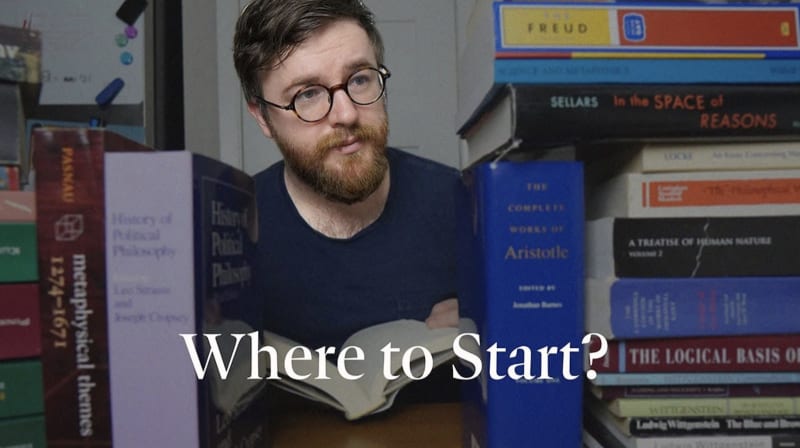
 Problems of Philosophy
Problems of Philosophy Think
Think Complete Works
Complete Works Meditations
Meditations Confessions
Confessions Meditations
Meditations On Liberty
On Liberty